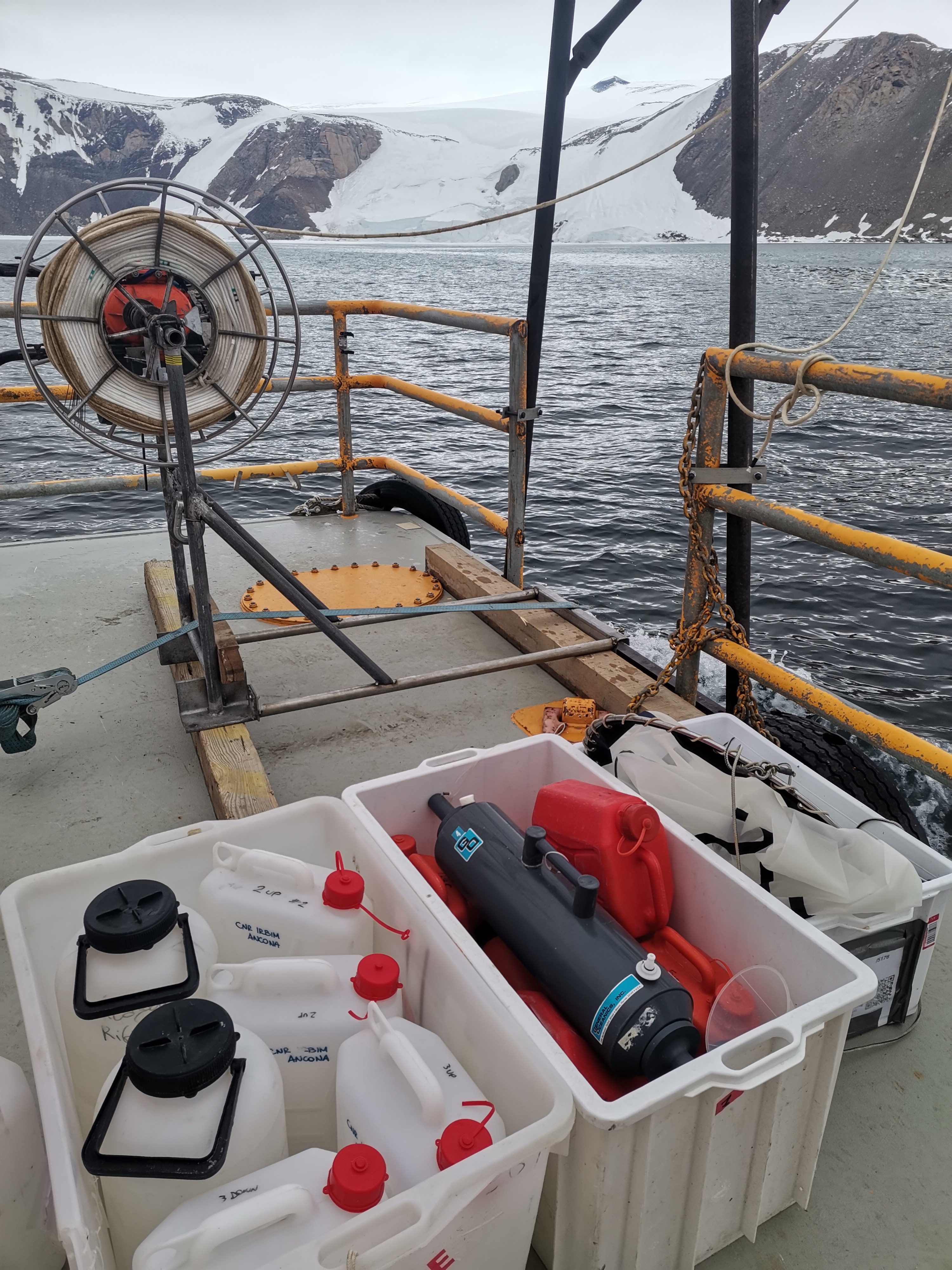CNR IRBIM
Type of resources
INSPIRE themes
Keywords
Contact for the resource
Provided by
Years
Formats
Representation types
Update frequencies
status
Scale
-

The effects of sea ice melting, and the consequent changes in the trophic conditions in Antarctic ecosystems, have been focused on phytoplankton with cross-food web links from krill to penguins, while the consequences on the planktonic microbial food web (viruses, prokaryotes and unicellular eukaryotes), driving biogeochemical cycles, have been largely ignored. This research investigates how changes related to sea ice melting influence the diversity and functioning of planktonic microbes in the Ross Sea coastal ecosystem of Terranova Bay. The objectives are: i) to investigate the temporal changes of planktonic microbial biodiversity, ii) to investigate the biodiversity/ecosystem functioning relationships iii) to assess the role of viruses on biodiversity and biogeochemical cycles, iv) to identify the drivers that shape microbial biodiversity and functions, and v) to shed light on the interactions within the planktonic food web, and their response to the ice melting. META-ICE-ROSS integrates ad hoc sampling with sophisticated methodologies of high-throughput sequencing of microbial DNA (metagenomics), never documented in previous Italian expeditions at Terranova Bay. The sampling includes the collection of seawater beneath the pack ice at increasing distance from the MZ Station and characterised by different thermohaline conditions, on a weekly basis from early November to mid January. The groundbreaking nature of META-ICE-ROSS will allow to provide unprecedented evidences on the role of microbial interactions in the functioning of the Ross Sea coastal ecosystem, to improve knowledge on biological changes due to global climate changes and, nonetheless, to provide a baseline assessment of the functioning of the microbial food webs and carbon sequestration in the pelagic environment in the Ross Sea region, within the context of the Ross Sea Region Marine Protected Area (RSRMPA) and its monitoring and research plan.